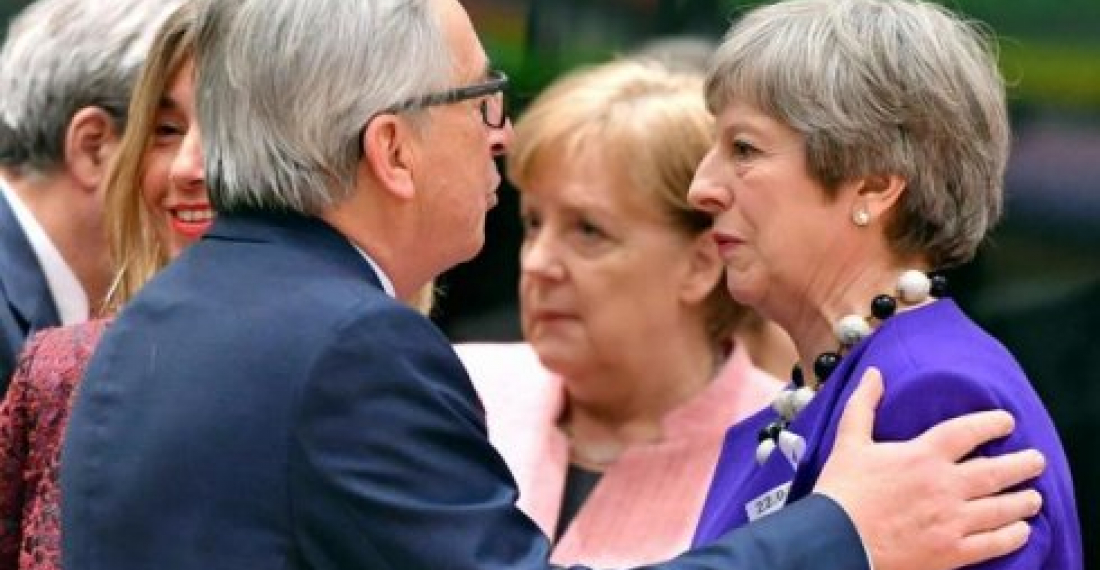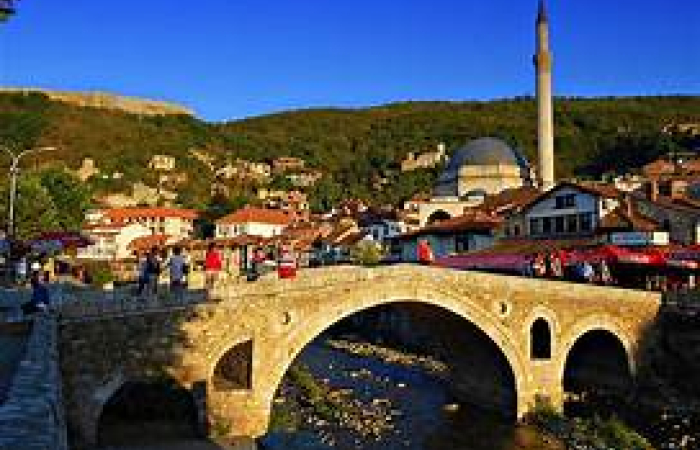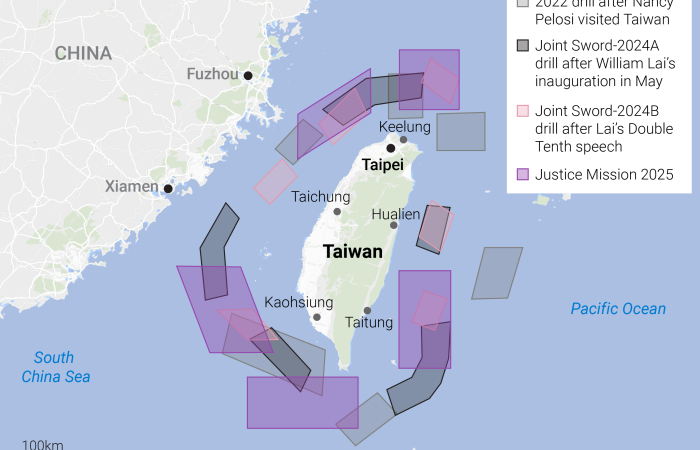Главы правительств государств-членов Европейского Союза, собравшиеся в Брюсселе в рамках Европейского совета, призвали укреплять устойчивость ЕС к химическим, биологическим, радиологическим и ядерным рискам, в том числе путем более тесного сотрудничества между Европейским Союзом и его государствами-членами и НАТО. Они согласились с тем, что ЕС и его государства-члены должны укрепить свои возможности по борьбе с гибридными угрозами. Европейский Союз самым решительным образом осудил недавнюю атаку в Солсбери. Лидеры ЕС согласились с оценкой правительства Великобритании касательно того, что весьма вероятно, что за это ответственность несет Российская Федерация и что нет правдоподобного альтернативного объяснения.
В заключении совещания было сказано:
Европейский совет самым решительным образом осуждает недавнюю атаку в Солсбери, выражая свои глубочайшие соболезнования всем тем, чьи жизни оказались под угрозай, и поддерживает проводимое расследование. Он согласен с оценкой правительства Соединенного Королевства о том, что весьма вероятно, что Российская Федерация несет ответственность и, что нет правдоподобного альтернативного объяснения. Мы выступаем с безусловной солидарностью с Соединенным Королевством перед лицом этой серьезной проблемы нашей общей безопасности.
Использование химического оружия, в том числе использование любых токсичных химических веществ в качестве оружия при любых обстоятельствах, совершенно неприемлемо, и должно систематически и строго осуждаться и его приминение представляет угрозу безопасности для всех нас. Государства-члены будут координировать свои действия в свете ответов, предоставленных российскими властями. Европейский Союз будет по-прежнему уделять пристальное внимание этому вопросу и его последствиям.
На этом фоне Европейский Союз должен укрепить свою устойчивость к химическим, биологическим, радиологическим и ядерным рискам, в том числе путем более тесного сотрудничества между Европейским Союзом и его государствами-членами, а также НАТО. Европейскому Союзу и его государствам-членам следует также продолжать укреплять свои возможности по борьбе с гибридными угрозами, в том числе в области кибернетической, стратегической коммуникации и контрразведки. Европейский совет предлагает Европейской комиссии и Верховному представителю продолжить эту работу и доложить о достигнутом прогрессе Европейским советом к июню.
В качестве практической меры Европейский Союз решил отозвать своего посла в Москве для консультаций. Понятно, что отдельные государства-члены ЕС теперь также рассмотрят, какие еще меры могут быть приняты на национальном уровне.
источник: commonspace.eu
фото: Президент Еврокомиссии Жан-Клод Юнкер с премьер-министром Великобритании Терезой Май и канцлером Германии Ангелой Меркель перед встречей Европейского совета в Брюсселе, 22 марта 2018 года.






